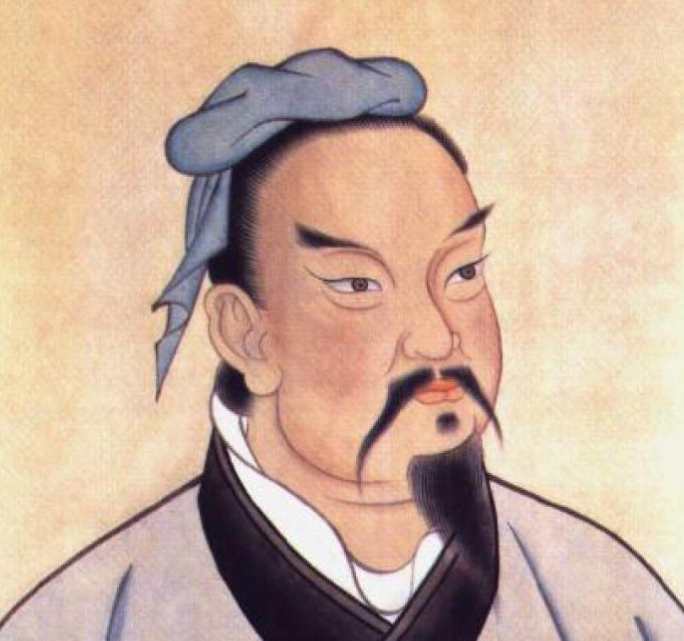Longhu Mountain Store
THE ART OF WAR WRITTEN BY SUN TZU
THE ART OF WAR WRITTEN BY SUN TZU
Couldn't load pickup availability
Sun Tzu's "The Art of War" is a timeless classic on military strategy and tactics, often studied not only in military academies but also in business, politics, and various other fields. Written in ancient China, it offers insights into warfare, leadership, and decision-making that are still relevant today.
The central theme of "The Art of War" revolves around the idea of winning battles without direct conflict whenever possible. Sun Tzu emphasizes the importance of careful planning, understanding the enemy and oneself, and adapting strategies to changing circumstances. Some of the key principles include:
1. **Know Your Enemy and Yourself:** Sun Tzu emphasizes the importance of understanding both your strengths and weaknesses and those of your opponent. This knowledge allows you to exploit vulnerabilities and gain advantages.
2. **Strategy and Planning:** Sun Tzu stresses the significance of strategic planning before engaging in any conflict. He advocates for flexibility in tactics and the ability to adapt to evolving situations on the battlefield.
3. **Deception and Misdirection:** Sun Tzu discusses the use of deception to confuse and outmaneuver the enemy. Feints, false information, and camouflage are all tactics employed to gain an advantage.
4. **Adaptability:** Sun Tzu underscores the need to be adaptable and to respond effectively to changing circumstances. He advises against rigid thinking and advocates for flexibility in both strategy and tactics.
5. **Winning Without Fighting:** One of the most famous principles from "The Art of War" is the idea of winning without engaging in direct conflict. Sun Tzu suggests that the greatest victory is achieved when the enemy is defeated without a battle, through strategic positioning, diplomacy, and psychological warfare.
6. **Leadership:** Sun Tzu emphasizes the importance of leadership in warfare, stressing qualities such as decisiveness, integrity, and empathy. He believes that a good leader inspires loyalty and trust among their troops, leading to greater cohesion and effectiveness on the battlefield.
These principles have been applied not only in military contexts but also in business, politics, and everyday life. "The Art of War" continues to be studied and referenced because its timeless wisdom transcends its original context, offering valuable insights into strategy, leadership, and human nature.
Share


Collections
-

Beginner's Package
Taoist Beginner's Package: The perfect starting point for your spiritual journey. This...
-

Popular items
Embark on a journey through the profound depths of Taoist culture with...
-

Blessing Items
Blessing Items: Discover our Taoist Blessing Series—exquisite pendants crafted from sacred materials,...





